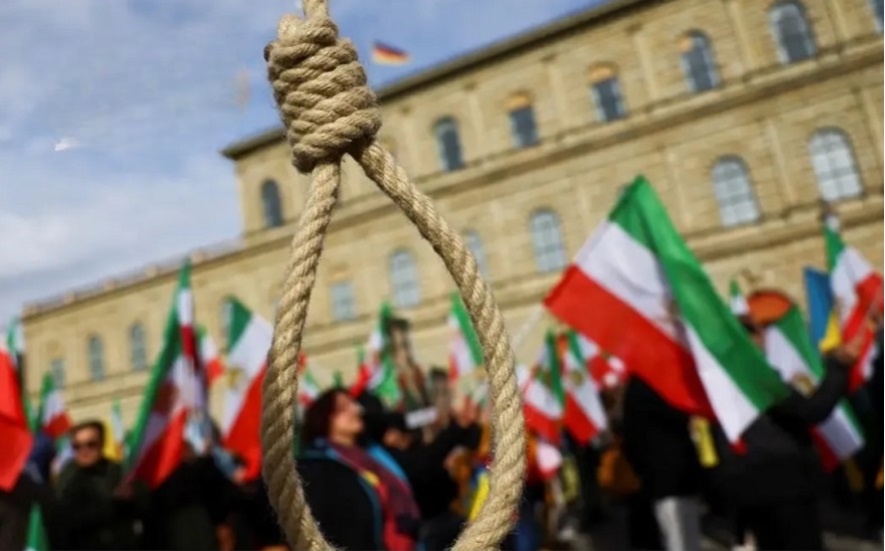On Saturday, November 16, 2024, reports emerged from human rights organizations highlighting a significant and troubling event in Iran’s penal system. According to Iran Human Rights (IHR), a Norway-based rights group, at least ten prisoners were executed on Wednesday at Ghezel Hesar Prison in Karaj. The executions included individuals convicted on drug-related and murder charges, signaling ongoing and intensified use of capital punishment within the country.
The report stated that among those executed were a woman, an Afghan national, and two Kurdish citizens, underscoring the diverse backgrounds of those affected by the stringent application of Iran’s judicial policies. These executions, which took place under strict secrecy, have amplified concerns from international rights advocates and observers who have long criticized Iran’s judicial processes as lacking transparency and failing to meet fair trial standards.
The identities of the executed individuals have not been fully disclosed, but their cases contribute to a growing number of capital punishments implemented in 2024. Rights groups like IHR have pointed out that these recent executions align with an alarming trend of increased use of the death penalty in Iran, particularly for drug-related offenses, despite global movements advocating for less punitive approaches to drug crimes.
Ghezel Hesar Prison, located in Karaj, approximately 20 kilometers west of Tehran, is known as one of the largest and most notorious detention centers in Iran. It houses a significant number of inmates, many of whom are detained on drug-related charges. In recent years, the prison has gained infamy for being a site of mass executions, particularly of individuals convicted of drug offenses, following amendments to Iran’s drug laws that still allow for capital punishment under specific conditions.
Iran’s penal code has long included severe penalties for drug trafficking and murder, and while there have been some legislative efforts to mitigate the number of executions, the country remains among the leading executors worldwide. Despite revisions in 2017 that aimed to raise the thresholds for capital punishment related to drug crimes, executions for these offenses have persisted. Human rights organizations argue that these legal adjustments have had limited impact on reducing the overall use of the death penalty.
The presence of Kurdish citizens and an Afghan national among those executed reflects broader socio-political issues within Iran. Minority groups, such as Kurds and Afghan migrants, have historically faced discrimination and disproportionate sentencing in Iran’s legal system. The inclusion of these individuals in Wednesday’s executions highlights concerns regarding potential biases and systemic inequalities.
The execution of a woman adds further gravity to the event, as women constitute a smaller but significant portion of those facing capital punishment. Women in Iran’s prison system often face additional layers of marginalization, stemming from cultural and legal biases that impact their access to justice and fair representation.
International human rights bodies, including the United Nations, have repeatedly called on Iran to halt its use of the death penalty, particularly for non-violent drug offenses. Critics argue that such practices violate international human rights standards, which emphasize the death penalty should be reserved only for the “most serious crimes” — typically understood to mean intentional killing.
The announcement from IHR has sparked renewed calls from human rights organizations urging the Iranian government to reconsider its policies and promote legal reforms that prioritize human rights and the principles of proportionality and fairness. Observers continue to monitor the situation closely, emphasizing the need for transparency and accountability within Iran’s judicial system.
As these executions fuel further scrutiny, advocates both within and outside Iran hope that increased awareness and international pressure will encourage a shift toward more humane policies and judicial practices. The fates of thousands of inmates currently on death row remain uncertain, as do the prospects for substantial reform in a country where capital punishment remains a central feature of its legal framework.
